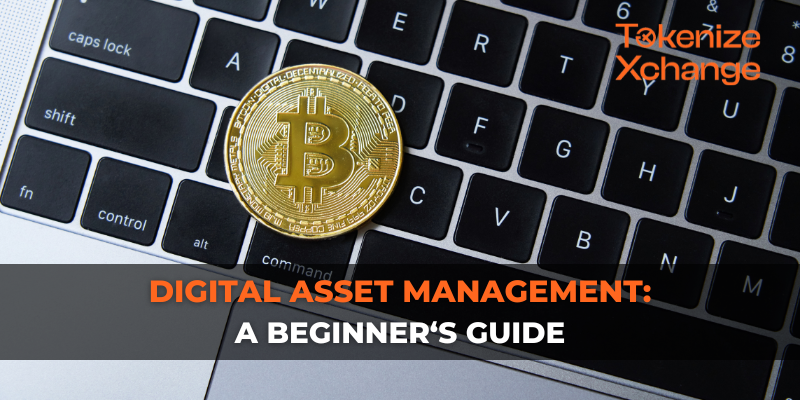Asset management is a crucial aspect of financial planning that involves the systematic management of investments to optimize returns and minimize risks. Traditionally, this concept has been applied to stocks, bonds, and real estate. However, with the rise of digital currencies and blockchain technology, a new player has entered the scene – crypto asset management.
Understanding Asset Management
Asset management, in its essence, is about making informed decisions regarding the allocation of resources to achieve specific financial goals. It involves a strategic approach to balancing risk and reward, ensuring that investments align with the investor’s objectives.
Enter the Digital Era
In recent years, the financial landscape has witnessed the emergence of digital assets, commonly referred to as cryptocurrencies. Unlike traditional assets, such as stocks or real estate, digital assets exist in the digital realm and are secured by cryptography. Bitcoin, Ethereum, and a multitude of other cryptocurrencies have gained popularity as alternative investment options.
Crypto Asset Management Defined
Crypto asset management is the application of traditional asset management principles to digital assets. It involves the strategic allocation and monitoring of one’s cryptocurrency portfolio to maximize returns while managing risks. Just as with traditional asset management, the goal is to optimize the overall performance of the investment.
Key Principles of Crypto Asset Management
Diversification
- Spread investments across different cryptocurrencies to minimize the impact of poor performance.
Risk Management
- Understand crypto volatility, invest only what you can afford to lose, and employ risk management tools like stop-loss orders.
Research
- Stay informed about the market, research potential investments, and understand the technology and trends for informed decision-making.
Long-Term Perspective
- Adopt a long-term view to navigate the unpredictable short-term nature of cryptocurrency markets.
Security
- Prioritize digital security using reputable wallets, two-factor authentication, and best practices to safeguard assets.
How Crypto Asset Managers Operate
Professional Expertise
- Fund managers leverage their expertise to analyze trends and make informed investment decisions.
Portfolio Construction
- Construct and manage diversified portfolios based on factors like risk tolerance and long-term potential.
Active Monitoring
- Continuously monitor the market for news, regulations, and technological changes, making timely portfolio adjustments.
Performance Evaluation
- Regularly assess portfolio performance using metrics such as ROI and risk-adjusted returns.
Compliance and Regulation
- Adhere to regulations, implement cybersecurity measures, ensure transparent reporting, and comply with legal requirements.
In the ever-evolving world of finance, the integration of crypto asset management offers a new frontier for investors. By understanding the principles of traditional asset management and applying them to the digital realm, individuals can navigate the complexities of the crypto market with greater confidence.
